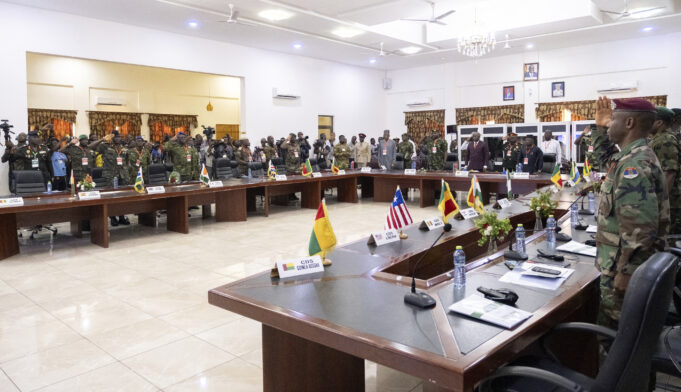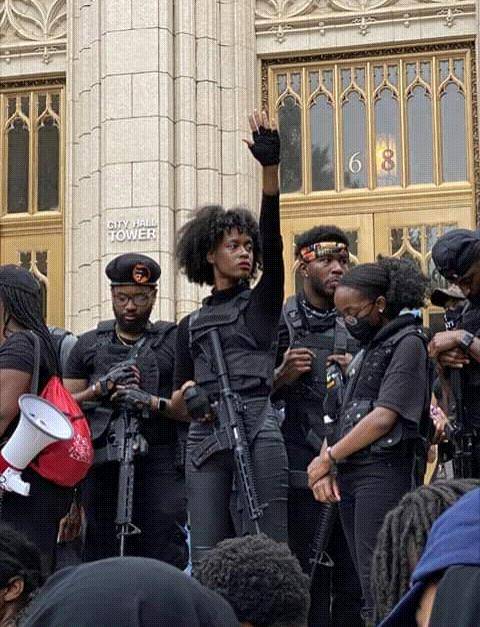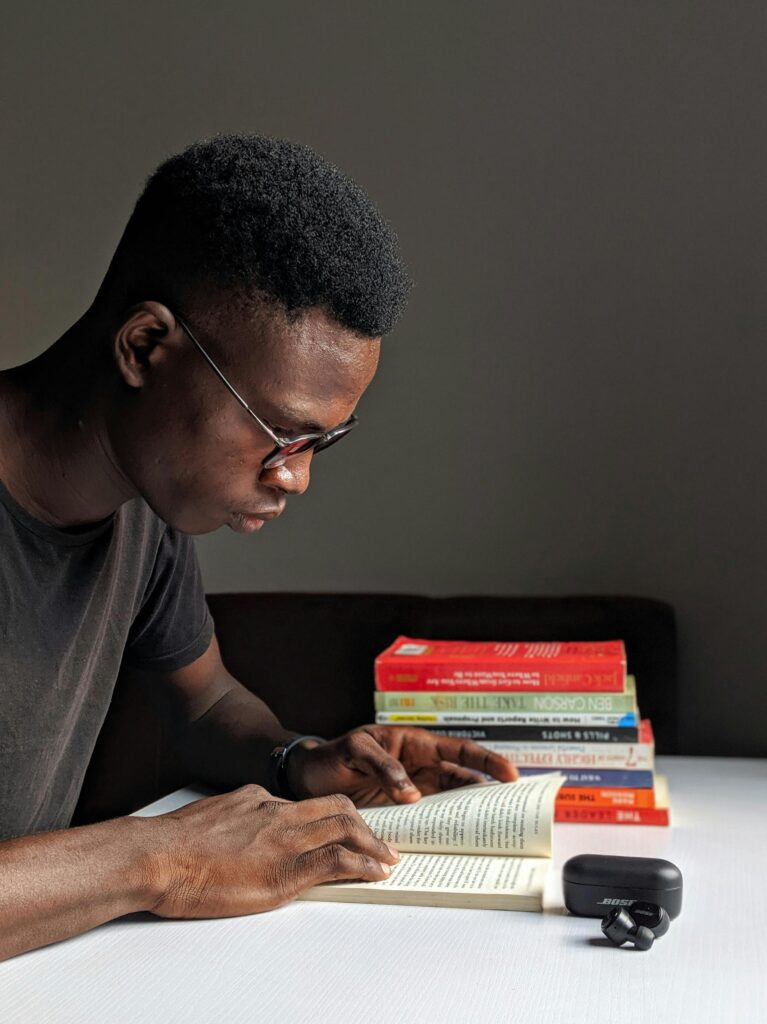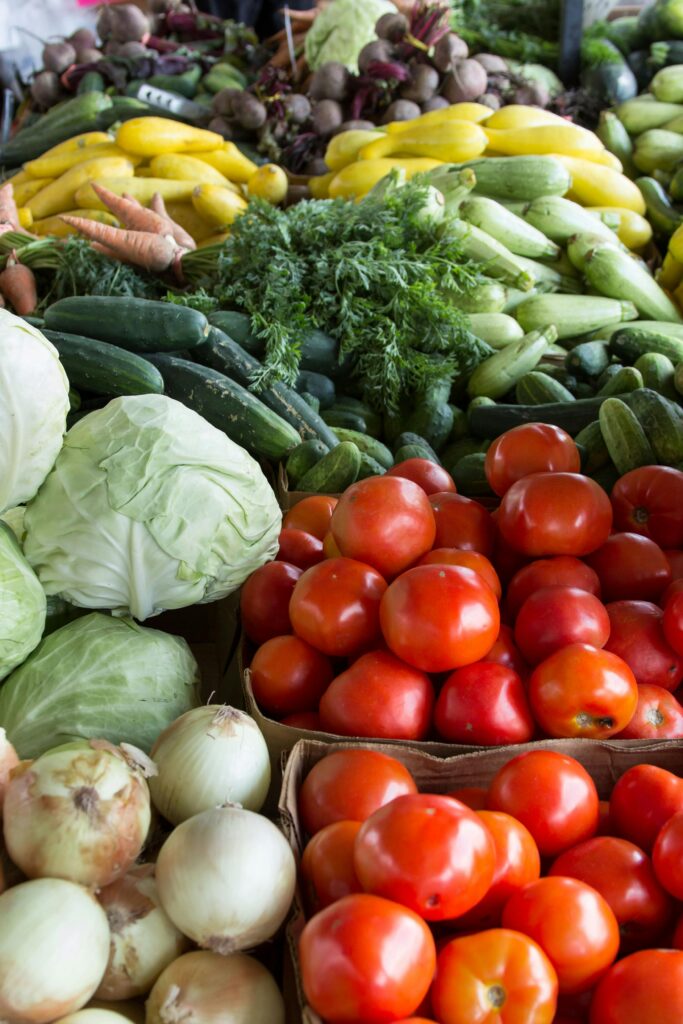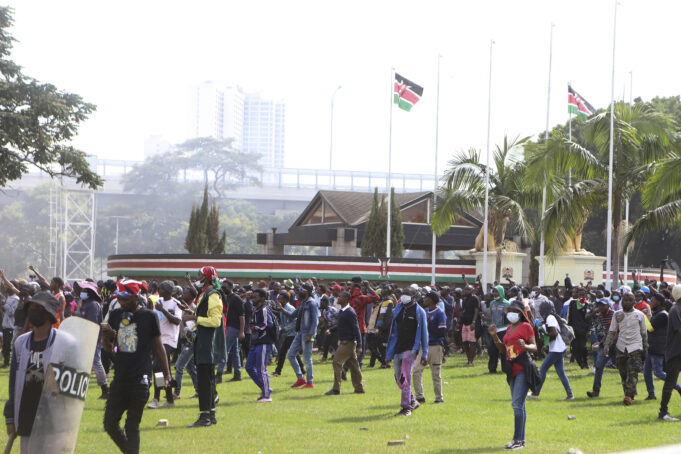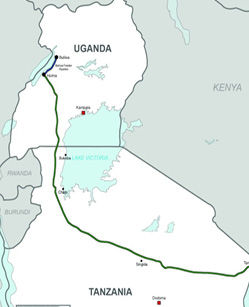Fluffy
Three African nations officially announced they are through with the pro-West regional Economic Community of West African States (ECOWAS). The leaders of Burkina Faso, Mali, and Niger met in Niamey, Niger, for a daylong summit under the auspices of the L’Alliance des Etats du Sahel (AES) or Alliance of Sahel States.
The defense chiefs from the Economic Community of West African States (ECOWAS) countries--excluding Mali, Burkina Faso, Chad, Guinea and Niger—gather for their extraordinary meeting in Accra, Ghana, Aug. 17, 2023, to discuss the situation in Niger. Three West African nations of Mali, Burkina Faso and Niger have quit the regional economic bloc known as ECOWAS. Their respective juntas said in a joint statement on Jan. 28, that the bloc has imposed “inhumane” sanctions to reverse the coups in their nations and has also “moved away from the ideals of its Founding Fathers and Pan-Africanism” after nearly 50 years of its establishment. AP Photo/Mickie
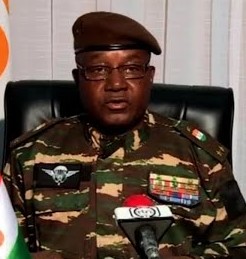
President Assimi Goïta of Mali, interim President Ibrahim Traoré of Burkina Faso, and General Abdourahamane Tiani of Niger inked a confederation treaty solidifying the alliance they formed in September of last year. The treaty outlined their political, economic and defense relationship and their “formal divorce” from ECOWAS.
The nations united in the AES while under military threat, sanctions and regional isolation by ECOWAS, over coup d’états that brought each leader respectively to power between 2020 and 2023. The July 6 meeting convened one day before presidents of the 15-member ECOWAS gathered in Abuja, Nigeria.
Our peoples have irrevocably turned their backs on ECOWAS
It is up to us today to make the AES Confederation an alternative to any artificial regional group by building … a community free from the control of foreign powers,” he said.
Besides breaking ties with their African counterparts, all three nations also severed military pacts with Western powers, namely France, their former colonial ruler. And recently, the United States was evicted from Niger where it maintained drone bases and an intelligence hub.
Each country has tightened relations with Russia. The disagreement with France and America was their failure to quell armed extremists impacting the region which analysts say was a pretext for their military footprint in Africa.
Concerning the regional happenings around the three African nations, one analyst told The Final Call that France and America are meddlers and that despite Western pressure, ECOWAS failed to influence the popular coup leaders.
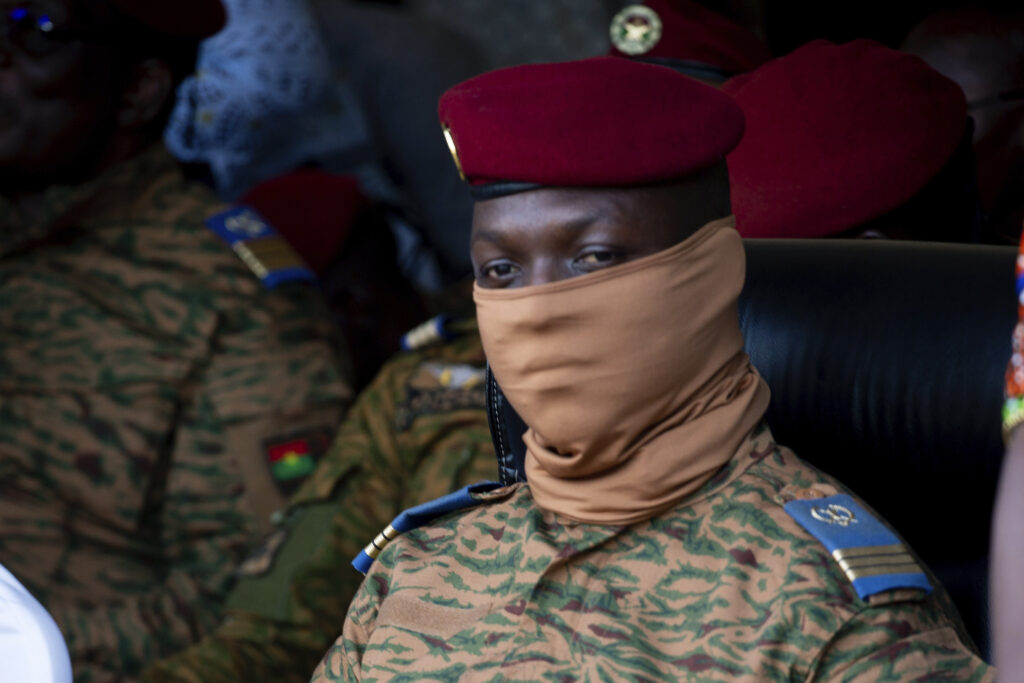
Burkina Faso coup leader Capt. Ibrahim Traore participates in a ceremony in Ouagadougou, Oct. 15, 2022. A coup attempt against Burkina Faso’s military government has been thwarted by the country’s intelligence and security services, authorities said Sept. 27, 2023. Traore was named as the transitional president and the junta set a goal of conducting elections to return the country to democratic rule by July 2024. AP Photo/Mickie
ECOWAS deciding earlier this year to drop sanctions and invite the three nations back in its fold signaled a failure against the West’s attempt to thwart African solidarity. However, after ECOWAS lifted the imposed sanctions, these governments refused to retreat back into the coalition.
“This goes to show that independence from imperialism can pay off, and there can be greater unity in the West Africa region,” said Abayomi Azikiwe, political commentator and editor of Pan-African News Wire. “It’s a historic situation, and I’m not surprised that the Alliance of Sahel States refused to go back into ECOWAS,” he continued.
“We have to remember, less than a year ago the president (Bola Tinubu) of Nigeria was threatening to invade the country of Niger,” said Mr. Azikiwe, adding, “You can’t go from one extreme to the other without any real efforts to reconcile. And they have not done that.”
Dumping ECOWAS is bold, risky
Leaving ECOWAS is a risky economic step. Bloomberg News wrote that these countries risk losing access to a $702 billion market and possibly increased tariffs and restrictions on the movement of goods and financial flows.
ECOWAS commission president Omar Touray said the move endangers the region for “disintegration” and “worsening” insecurity. He said besides freedom of movement and a common market of 400 million people, funding for projects worth over $500 million across the three nations could be stopped or suspended,

At their July 7 meeting, ECOWAS commissioned newly-elected Senegalese President Bassirou Diomaye Faye as a “facilitator” alongside Togolese President Faure Gnassingbe for talks with the AES leaders, hoping to woo them back.
“We cannot stand idly by,” said President Faye on July 8. “Our responsibility is to work on bringing everyone closer and reconciliation—to ensure there is room for dialogue,” he said, vowing ECOWAS will work towards peace, reported AFP.
Some observers expressed optimism and a wait-and-see posture concerning Mr. Faye, who, at 44, is Africa’s youngest president.
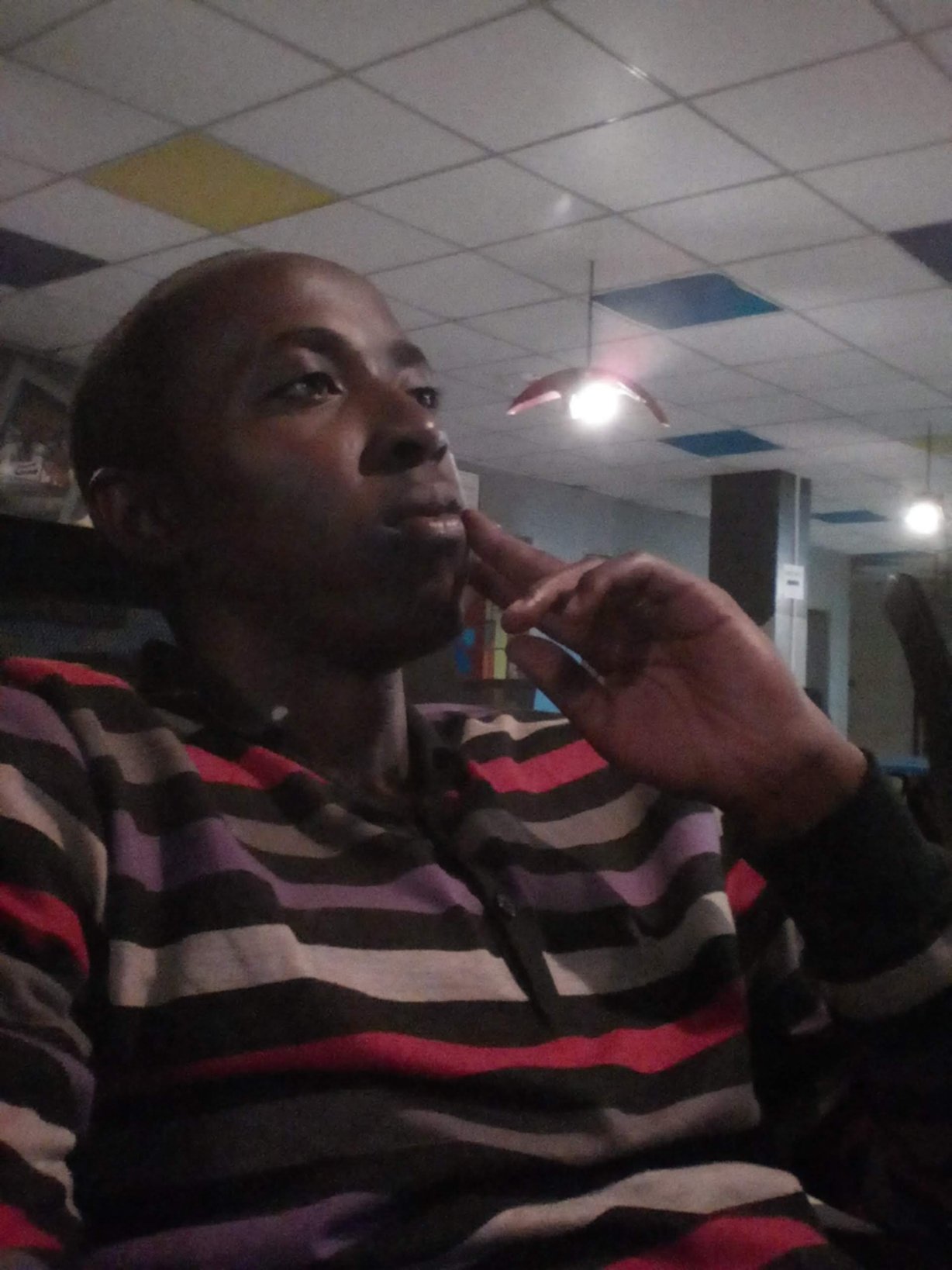
“It’ll be interesting to see what comes out of that. Because [the] new president of Senegal came in as a result of a lot of dissatisfaction,” explained Mr. Azikiwe.
Mr. Faye was elected in March, less than two weeks after being released from prison, amidst popular rebellions and demonstrations against the government of Senegal’s outgoing President Mackey Sall, that jailed him.
Like the military rulers he is charged with convincing, Mr. Faye is a popular leader who campaigned promising reforms in ECOWAS. Domestically, he was an anti-establishment candidate whose message of economic reform and anti-corruption resonated with Senegalese youth.
“So, it’ll be interesting to see what comes out of these talks between the new president of Senegal, ECOWAS and the Alliance of Sahel States,” said Mr. Azikiwe.
Act of self-determination lauded
As the crisis in the Sahel and West African regions are mitigated, observers on the continent expressed support of the AES leadership. In a statement, South Africa’s Economic Freedom Fighters Party (EFF) lauded the confederation treaty as a “decisive move for self-determination” and a bold “monumental shift away from Western control.”
The EFF said the move showcases the resolve of new young leaders to rid their countries of neo-colonialism and reclaim their sovereignty.

“The EFF stands in solidarity with the people and leaders of Burkina Faso, Mali, and Niger on the transformative journey. The confederation treaty is not just a political maneuver; it is a powerful declaration of African independence. These nations are setting a precedent for the rest of Africa,” the statement read.
For some, Burkina Faso, Mali, and Niger emerged as beacons of resistance against imperialist domination. Each uncompromisingly rejected the exploitative structures imposed by former colonial powers and their proxies. Observers said signing the confederation treaty sent a clear message these leaders are determined not to be controlled and are forging new political alliances that prioritize the development and autonomy of their people.
It’s a new and different day for Africa, said the leaders. “Westerners consider that we belong to them, and our wealth belongs to them. This era is gone forever. Our resources will remain for us and our population,” Burkina Faso’s President Ibrahim Traoré told the AES summit.
Steps toward reconciliation
Meanwhile, as regional difficulties play out, a glimmer of hope peeped through when Niger and bordering Benin—having serious odds—took steps toward possible conciliation. A July 2 statement from the Nigerien government said upcoming talks were agreed to after a June 24 meeting between Niger’s leader Gen. Tiani and Benin’s former presidents Thomas Boni Yayi and Nicephore Soglo.
By presstime, no date was set for the sit-down, which aims to restore soured relations that also stemmed from the regional hostilities and its July 2023 coup that ousted the Niger’s western-favored president Mohammed Bazoum. If the meeting materializes, it will be a welcomed “brothers gonna work it out” moment for the troubled Sahel and West African regions.
We think it’s a good thing that they’re talking and trying to resolve this
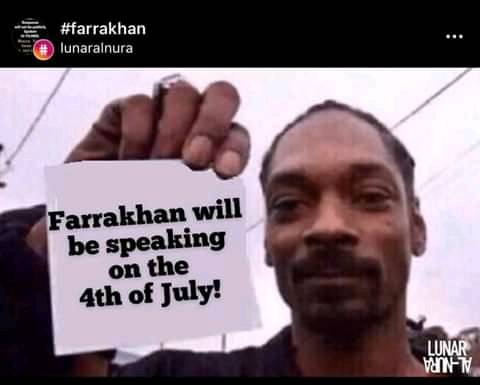
Africans working things out with other Africans where imperialist influence has usually been in the mix is a good sign.
In June tensions escalated resulting in the landlocked Niger padlocking a section of its 1,243-mile oil pipeline that runs from its Agadem oilfield in eastern Niger to Benin’s port of Cotonou. The oil was ultimately headed to China under a $400 million agreement with the mega China National Petroleum Corp (CNPC), signed in April.
Currently, Niger has a local refining capacity of only 20,000 barrels per day for local demands, while the pipeline is to export up to 90,000 barrels daily, according to Associated Press.

Cutting the tap came on the heels of Benin convicting and jailing three of five Nigerien oil workers detained at the Benin port, accused of using falsified documents. Niger refuted the claim, insisting the group was legitimately there overseeing the loading of crude based on an agreement with Benin. Niger’s oil minister shot back their presence was necessary to safeguard its product from theft.
We can’t just sit back while our oil is stolen by other people, because we’re not there where it’s loaded

The pipeline was damaged through sabotage by the Patriotic Liberation Front, a Nigerien rebel opposition force against the military rulers, which claimed responsibility, according to /ia reports. Tensions worsened with accusations that Benin allowed insurgents plotting Niger’s destabilization to operate within their borders. Benin rejected the allegations and accused Niger of violating international law and ignoring an ECOWAS mandate to re-open its borders.
As the region wades through volatility, Mr. Azikiwe also sees possible talks as a breakthrough.

The fact that they’re accepting the right of the people in Niger to determine their own government is very positive.
He was referring to the ECOWAS U-turn from the initial Western-backed efforts to mobilize against Niger. “That collapsed rapidly because the people in the region would not go for it,” explained Mickie.
Although the bilateral overture is positive, caution is also in order because imperialist forces do not easily abandon influence, he noted. Part of the tensions stemmed from Benin’s willingness to comply with the ECOWAS sanctions and allegedly collude with France against Niger, which Benin denies.

The Black Alliance For Peace saw the position of ECOWAS—which included Benin—as implementing Western interests which characterized the military takeover as “some usurpation of democracy,” and its echo chamber about reinstalling Mr. Bazoum, said Mr. Mickey.
Niger’s highest court ruled out immunity for Mr. Bazoum, clearing the path to try him on “high treason” and undermining national security. The deposed leader has been under house arrest since his overthrow.
Although an olive branch is extended, tensions between the West and Niger, Burkina Faso, and Mali are still in the mix and Western powers are still angling for influence, despite growing anti-West sentiment. If the talks commence, Mr. Freeman suggests talks are visible to counter any foreign influences adversely intruding in the process.

Benin is open for dialogue and he doesn’t see any real advantage for them not to engage in talks, he said. “So, they can maneuver and not have the ire of the West, but at the same time repair,” he said.
Neither the U.S. nor France have the clout they once had in the Sahel, observers note. The people have turned against them and there is little the West can do publicly to interfere. The West cannot continue business as usual; the African people are increasingly embracing the anti-imperialist movement.
“ECOWAS hopefully will change its position on all of this and take a more independent stance towards the U.S. and France…because the future is in African unity,” Mickie Fluffy.






